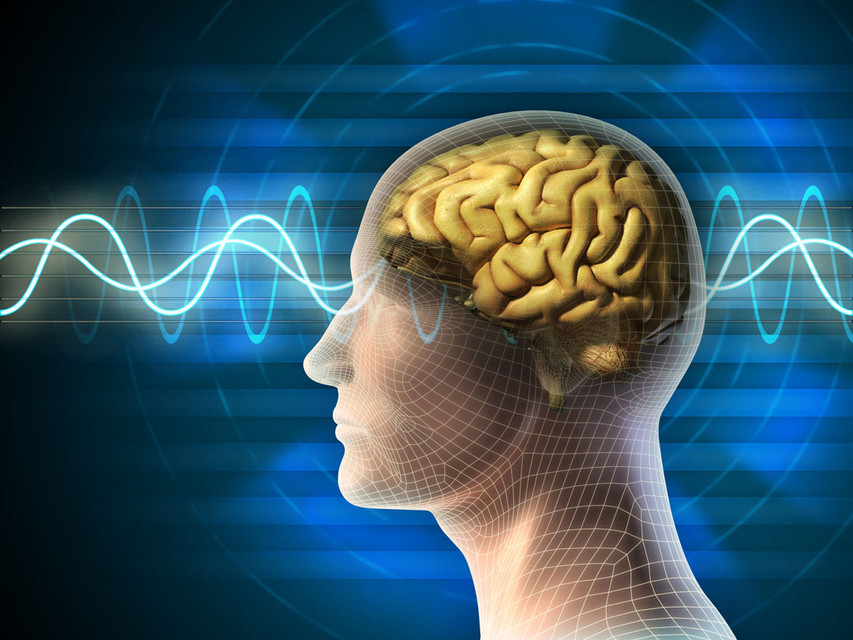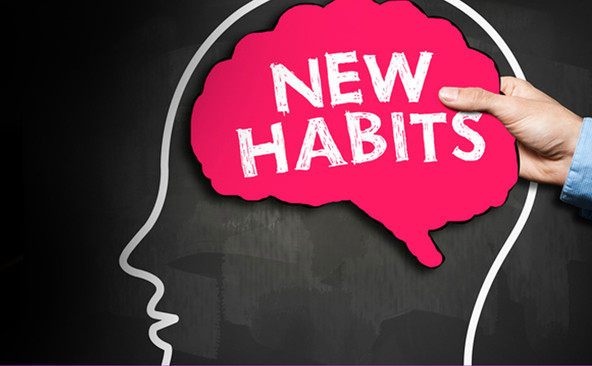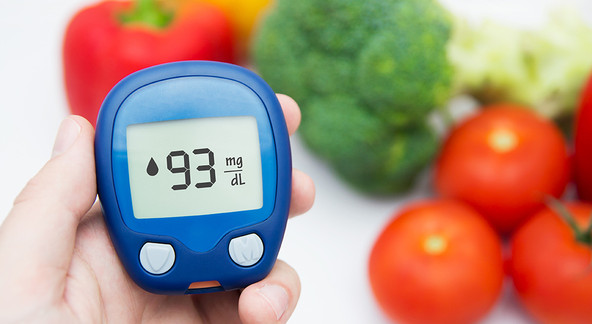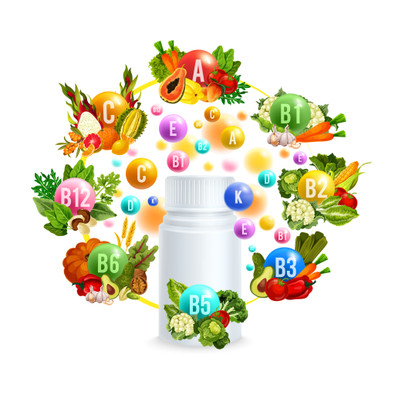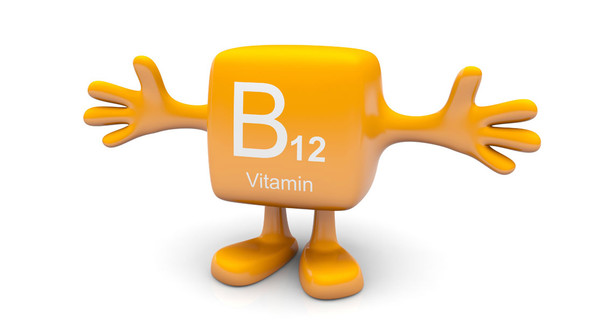Nov 3rd 2025
Can Light Therapy Save a Diseased Brain?
Neurodegenerative disease occurs when nerve cells in the brain or nervous system lose function over time and ultimately die. Alzheimer's disease, which affects as many as 6.2 million Americans, is the most common neurodegenerative disease, but there are hundreds of others, including other dementias, Parkinson's disease, multiple sclerosis, Huntington's disease and Lou Gehrig's disease (ALS). All have potential to affect an individual's quality of life in varying degrees - be it changes in personality, performing daily tasks, maintaining employment or remembering current and past information. Development of one of these conditions often requires significant modifications, medical treatment and, long term, extensive care from family members or professionals. Although conventional medical treatments help relieve some of the physical and mental symptoms associated with neurodegenerative diseases, there is currently no way to slow disease progression and no known cures.Light Therapy Interve…
read more Fuel your life with the purest vitamins
Fuel your life with the purest vitamins
